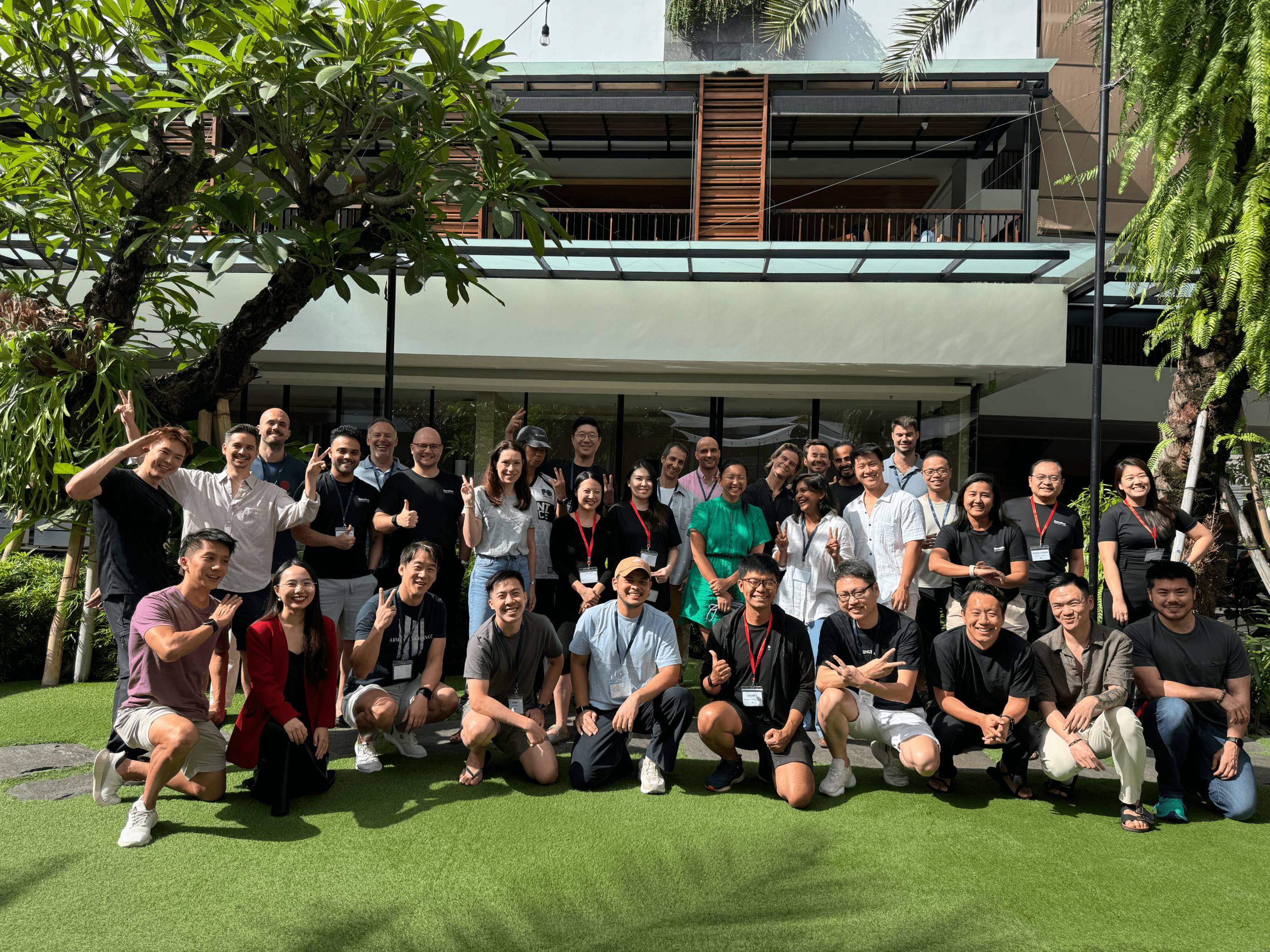Jessica Chao is a Visiting Partner at Iterative, where she leads healthcare investments. She's also a Venture Partner at SVLC, a Latin America focused venture fund, as well as a Biotech Advisor to Berkeley SkyDeck, UC Berkeley’s official startup accelerator.
Previously, Jessica was the Director of the Clinical Innovation Center at University of California, San Francisco (UCSF) where she developed the infrastructure and capacity to accelerate innovations that solved the most critical delivery system problems in healthcare. There, she's worked with over 100+ startups.
She was also a Product Designer at Weave (YC S14), Principal at Sage Growth Partners and Co-Founder of Healtho, a consumer health information company.
Jessica has an MBA from John Hopkins University, a PhD in Pharmacy and a BS in Biochemistry from the University of Washington. While in college, she attended the UW Academy, an early entrance program for young scholars to attend university at an early age.
Spotlight on Jessica Chao
Get to know Jessica in these series of questions, where she shares more on her past experiences and why she loves working with founders.
What was your first job?
My first job was interning at the Level 1 trauma center in Seattle, Washington State. There, I ran around the entire hospital delivering medications, making IVs and managing complex medicine dosing for patients.
What's something about you or your past experience that would surprise people?
I was trained as a pharmacist but never worked a day as one. During my residency at Johns Hopkins Hospital, I realised that providing care as a physician, nurse or a pharmacist is only a tiny part of a huge healthcare ecosystem - and I wanted to decipher the rest of it.
After my residency ended, that was what I did for the next 10 years. I started a health information company to better understand how consumers make decisions to solve their health issues. I was also the head of clinical innovations at UCSF, where I got to create new ways to care for patients clinically, operationally and financially.
All of these experiences I've gained are because I was trained as a clinician initially, so that I can work with the best teams to solve the most critical healthcare problems we have today.
What’s your motivation for working with founders?
When I was working at hospitals, I would be leading 50+ projects at once because everyone only has 5% time allocated to each project. Needless to say, hospital innovation is slow and passion is divided into many pieces. Almost everyone is burnt out, and forgot why they got into healthcare in the first place.
That's the reason I love working with founders because their passion and perseverance is focused. They work harder and faster, with more resources than anyone I have seen in the hospital :) So even though founders are often not the most knowledgeable in healthcare, they have a clear problem to solve, which often makes them the ones who come up with the solutions.
What’s something you’re especially good at or like helping founders with?
I understand how healthcare works: how patients and clinicians think and behave, how drugs get from research into the hands of patients, how data flows in the system, and especially how money flows. Each of these problems is massive, and it's something founders don't realise - most want to solve too many problems at once.
For example, Zi.Care, one of our portfolio companies, was building both the EMR (electronic medical record) and an administrative backend for operators because their customers had asked for it. But it's incredibly complex. Building an EMR Is like building a human body, but with data - you simply cannot build a good EMR with divided focus and resources. In the end, their customers did not get the backend they asked for. But Zi.Care was able to scale their EMR to many hospitals in Indonesia because they have an amazing product their customers love.
If you could go back in time to the moment you decided to start your first company, what advice would you give yourself?
- Stay humble - No matter how many PhDs you have, there is still much to learn in running a startup.
- Communicate, resolve conflict, and then communicate better - Just like in any relationship, you cannot work seamlessly from day one. You have to learn to resolve and find a way to compromise conflicting ideas, operating methods, and communication styles in order to work efficiently and make tougher (and better) decisions.
If you're a founder and want to work with Jessica, she'll be a Visiting Partner at Iterative for the next batch (W23)- you should apply.




![Iterative Scale Program [Closed]](https://cdn.prod.website-files.com/60b1bd0542d31f694712f8ec/68d4bfcb752be73c1412db48_neom-85ey1vFIwkc-unsplash.jpg)



